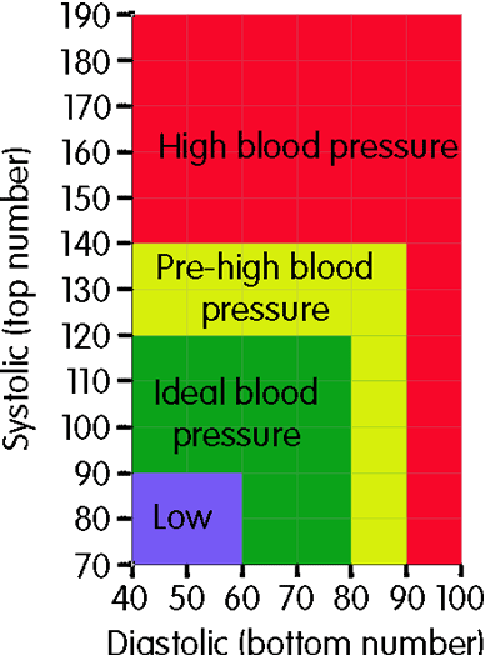Hot and humid weather can potentially increase blood pressure in some individuals. When the weather is hot and humid, your body works harder to cool itself down, leading to an increase in heart rate and overall stress on the cardiovascular system.

Here are some ways hot and humid weather can impact blood pressure:
- Dehydration: In hot and humid conditions, you are more likely to sweat and lose body fluids, leading to dehydration. Dehydration can cause a temporary increase in blood pressure.
- Vasodilation: In response to heat, blood vessels in the skin dilate to release heat from the body, which can lead to a drop in blood pressure. However, to maintain blood flow to essential organs, the body compensates by constricting blood vessels in other areas, resulting in an overall increase in blood pressure.
- Sodium retention: Some individuals may consume more salty foods during hot weather, and excess sodium intake can lead to water retention and higher blood pressure.
- Increased heart rate: Hot and humid weather can lead to an increase in heart rate as your body tries to cool down. A higher heart rate can temporarily elevate blood pressure.
- Heat-related stress: Extreme heat can put stress on the body, including the cardiovascular system. This stress response can cause blood pressure to rise.
It’s important to note that not everyone will experience a significant increase in blood pressure due to hot and humid weather. Factors such as age, overall health, and individual sensitivity to heat can play a role in how the body responds.
If you have a history of high blood pressure or cardiovascular issues, it’s essential to take precautions during hot and humid weather. Stay hydrated, avoid excessive sun exposure, and limit physical activities during peak heat hours to reduce the impact on your blood pressure. If you have concerns about how heat affects your blood pressure, it’s best to consult with your healthcare provider for personalized advice.